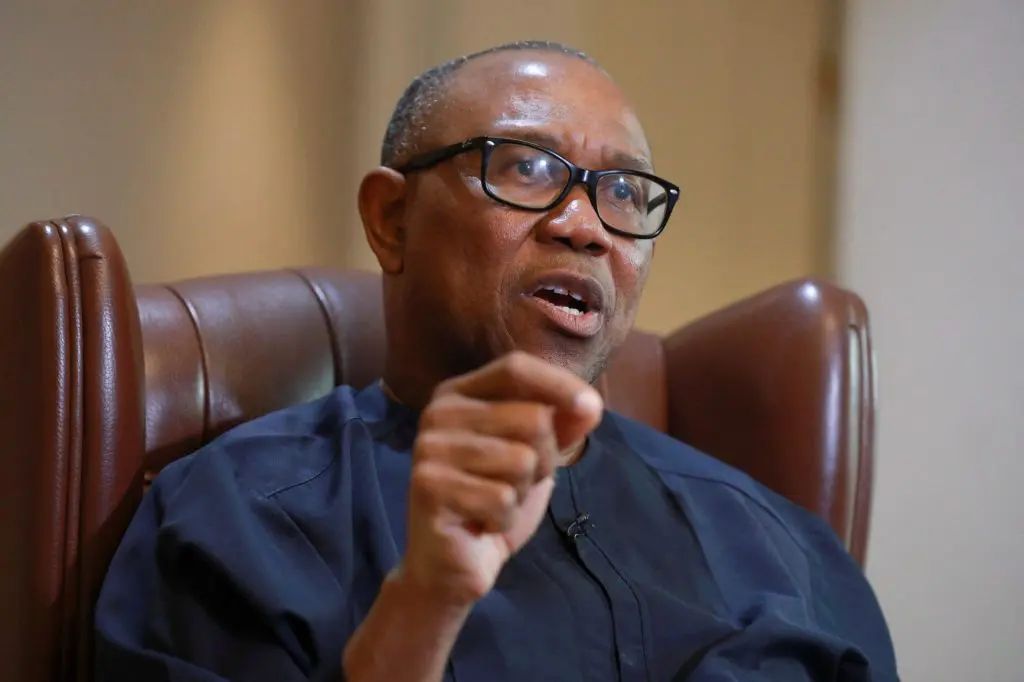The Labour Party’s 2023 presidential candidate, Peter Obi, believes it was a bad idea for the Economic and Financial Crimes Commission (EFCC) to raid Bureau De Change operators in several major Nigerian cities.
On Sunday, Obi revealed this in a statement posted on his official X account.

Recall that EFCC agents raided BDC operators in the Federal Capital Territory, Lagos, Kano, and other states in an attempt to save the Naira from ongoing swings against the US currency.
Peter Obi, however, responded to the news by stating that the government of President Bola Ahmed Tinubu might have made matters worse for the nation’s foreign exchange crisis.
He declared that the value of Nigeria’s currency will keep declining as long as the nation’s economy is unproductive and corrupted.
“Recent reports of government agencies attacking and interfering with Bureaux de Change (BDC) operators’ business operations in several cities around the nation are misguided and poorly targeted.
“The action will worsen the country’s currency rate condition and further escalate the problem rather than solving it. The BDCs neither generate demand for forex nor are the main providers of it. They solely offer a market to foreign exchange buyers and sellers.
The value of our money will keep declining as long as Nigeria’s economy is unproductive, corruption persists unchecked, and there are individuals with unnecessary surplus cash.
Therefore, he said, “it’s critical that government officials fully comprehend how a modern economy functions and direct their efforts accordingly.”
The Naira fell to N1,665.50 per US dollar at the end of business on Friday, according to FMDQ statistics, from N1571.31 on Thursday.
A restriction on street trading and a new registration requirement per capital share were among the comprehensive policy interventions for BDCs that the Central Bank of Nigeria outlined in draft guidelines.
Copyright Warning!
Disclaimer
Just to let you know, comments expressed here do not reflect the opinions of OHAFIATV News or any employee thereof. Also, every opinion expressed in any article is strictly that of the author(s), except where otherwise stated.
ATTENTION: Stay informed and ahead of the curve! Follow OHAFIATV on WhatsApp for updates! CLICK HERE!
Have any thoughts?
Share your reaction or leave a quick response — we’d love to hear what you think!








